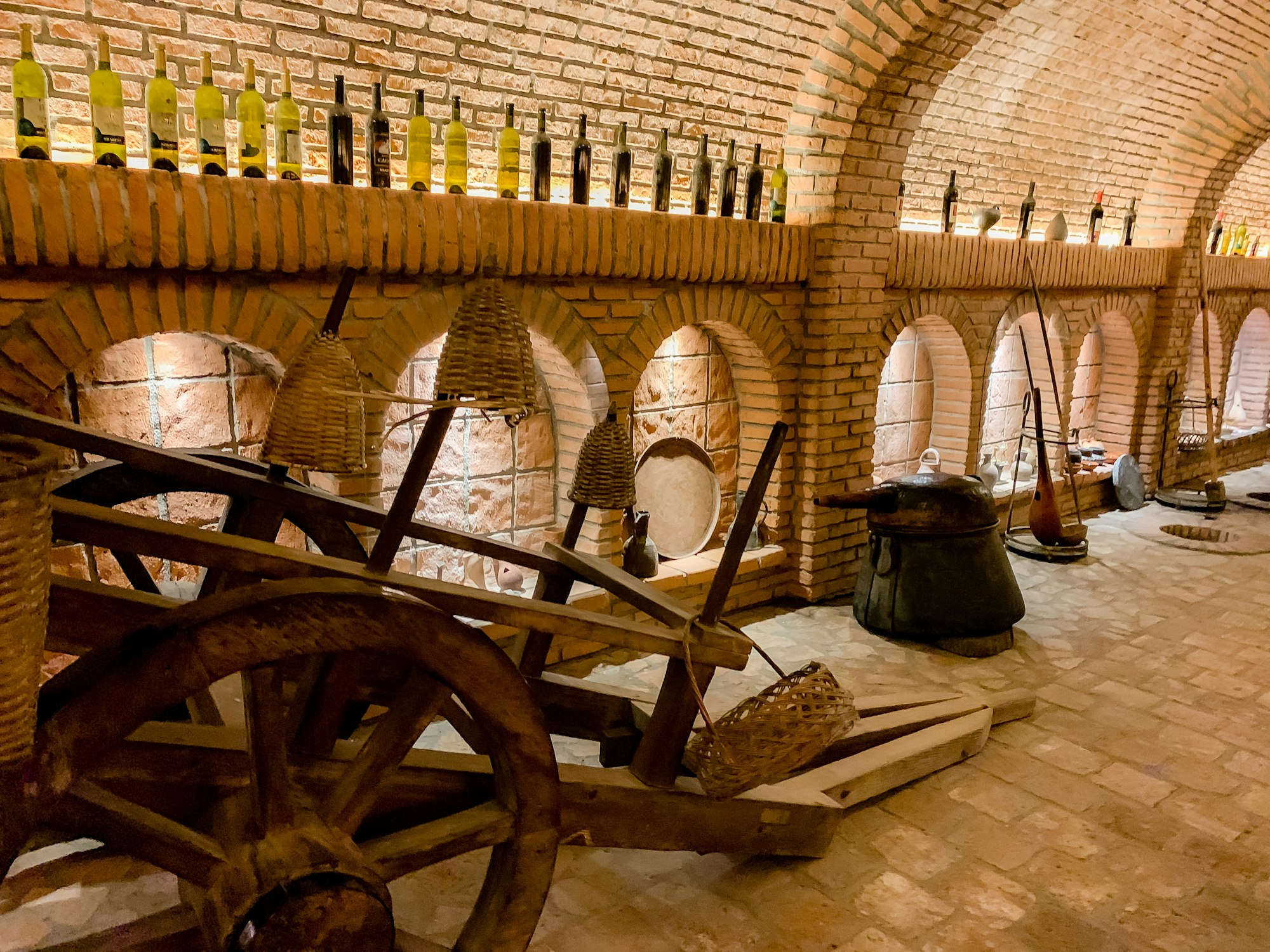Which UK museums offer virtual reality experiences of the Industrial Revolution?

The digital age has brought about various advancements, one of which is the application of virtual reality in various sectors, including art, science, and history. This technology has been notably incorporated into museums to enhance the experiences of visitors. In the United Kingdom, several museums have adopted virtual reality to recreate historical periods, including the Industrial Revolution. This article explores five museums in the UK that offer these engaging digital experiences.
The Science Museum, London
The Science Museum in London is well-celebrated for its commitment to bringing science to life through interactive exhibits. It has embraced digital technology to enhance visitor experiences, most notably through its virtual reality tour of the Industrial Revolution.
A lire aussi : What are the recommended guided tours for exploring ancient Druid sites in Wales?
The museum's virtual reality experience, 'Step into the Age of Steam', takes visitors back to the 19th century. You will be surrounded by immersive 360-degree views of historical locations and events, including the smoky factories of Manchester and the bustling docks of Liverpool. A highlight is the opportunity to virtually operate some of the revolutionary machinery of the era, such as the Newcomen steam engine.
The Science Museum ensures the tour is not only entertaining but also educational, with a focus on the social and economic impacts of the Industrial Revolution. The use of realistic graphics and sound effects creates an engaging experience that feels as real as possible.
Sujet a lire : Where can tourists find the most comprehensive cheese-making classes in Somerset?
Museum of Science and Industry, Manchester
Located in the heart of Manchester, the Museum of Science and Industry is another institution that delivers an extraordinary virtual reality experience of the Industrial Revolution. Manchester, known as 'Cottonopolis' during the Industrial Revolution, was a vital hub of industry and innovation.
In the museum's 'Virtual Manchester' tour, you are transported back to a time when the city was a global powerhouse of textile production. You will get the chance to walk through the cotton mills where people laboured, using tactile controllers to interact with the environment and machinery.
This virtual reality experience also includes narrations, which provide insightful information about the history and significance of the locations and events you are witnessing. It is a truly immersive way to learn about Manchester's pivotal role in the Industrial Revolution.
The National Railway Museum, York
The National Railway Museum in York is home to a unique and captivating virtual reality experience: 'The Railroad Revolution'. This tour takes you on a journey through the evolution of rail transport during the Industrial Revolution.
In the virtual reality experience, you can explore the early days of steam locomotives, inspect the intricate mechanisms of the engines, and even take a thrilling ride on the famed Rocket, the world's first passenger steam train.
The 'Railroad Revolution' offers a different perspective on the Industrial Revolution, focusing on transport innovation rather than the factory system. It is a must-visit for anyone interested in the history of railways and their impact on industrial and social development.
The Museum of London Docklands
The Museum of London Docklands presents a unique virtual reality experience that explores the vital role of the London docks during the Industrial Revolution. The museum's VR tour, 'Docklands: Gateway to the World', brings to life the bustling port, which was a hub for goods from every corner of the British Empire.
Visitors can watch as ships are unloaded, goods are sorted, and the hard-working dockers go about their daily tasks. You can also explore the breathtaking architecture of the docklands, including the iconic warehouses which are now part of the museum.
The Museum of London Docklands' virtual reality tour is a testament to the power of technology in visualising history and providing engaging, immersive experiences for museum visitors.
Birmingham Museum and Art Gallery
The Birmingham Museum and Art Gallery have incorporated virtual reality technology into their exhibit 'Industrial Might', showcasing the city's industrial heritage. In the virtual tour, you can traverse the city's factories, workshops, and foundries, seeing firsthand how Birmingham earned the nickname 'The Workshop of the World'.
Birmingham's industrial might extended to many sectors, including metalwork, glassmaking, and jewellery production, all of which are represented in the VR tour. The experience is not simply a historical re-enactment; it also delves into the lives of the workers, giving insight into the social conditions of the time.
The 'Industrial Might' virtual tour at Birmingham Museum and Art Gallery is a captivating exploration of a key city in the Industrial Revolution, blending history, culture, and technology to create an unforgettable experience for its visitors.
In conclusion, these five UK museums have leveraged virtual reality technology to recreate and explore the Industrial Revolution in all its facets. The blend of immersive visuals, interactive features, and historical context offers visitors an engaging and educational experience. Whether you're a history buff, a technology enthusiast, or just curious, these museums provide a unique opportunity to step back in time and experience the Industrial Revolution like never before.
The British Museum, London
The British Museum, located in the heart of London, is renowned for its extensive collections that span over two million years of history. Adding a contemporary touch to its historical exhibitions, the museum has incorporated virtual reality (VR) into its exhibits. One of the highlights is its immersive VR tour of the Industrial Revolution.
In this tour, the museum utilises augmented reality to fully immerse visitors in the atmosphere of the period. As part of the 'British Industry' virtual tour, visitors are transported to key events and locations of the Industrial Revolution. Through the use of realistic 3D animation and surround sound, you can experience the hustle and bustle of the era, from the factories' noisy interiors to the lively marketplaces.
The British Museum's virtual tour also incorporates an educational component, providing informative narration on the socio-economic transformation spurred by the Industrial Revolution. This combination of immersive experiences and educational engagement makes the British Museum's VR tour a must-experience for both history enthusiasts and tech lovers.
The National Museum, Cardiff
The National Museum in Cardiff, Wales, is a hub for arts, culture, and history. In recent years, the museum has made great strides in digitising its exhibitions, offering a range of virtual tours. Among these is an immersive experience that takes visitors back to the Industrial Revolution.
The 'Welsh Industry' virtual tour presents a detailed look at Wales' contributions to the Industrial Revolution. You get to virtually step inside the ironworks, witness the coal mining operations, and even interact with the machinery of the time using VR controllers.
The National Museum also offers a unique augmented reality feature, allowing visitors to virtually handle artefacts from the Industrial Revolution. This interactive element provides a hands-on understanding of the era that regular exhibits cannot offer.
The National Museum in Cardiff shows how VR and augmented reality can revolutionise museum visits, providing enhanced accessibility and a deeper understanding of historical periods such as the Industrial Revolution.
In Conclusion
Virtual reality has the power to transform our understanding of the past. The UK museums listed above provide immersive experiences that transport us back to the Industrial Revolution, allowing us to explore in detail this pivotal period of history.
These virtual tours offer a blend of immersive visuals, interactive features, and in-depth historical context that traditional exhibits can't match. Whether you're interested in history, technology, or both, these museums offer a unique opportunity to step into the shoes of our ancestors and experience the Industrial Revolution firsthand.
The digital age has not only revolutionised our present but has also allowed us to revisit and understand our past in ways we could only have dreamed of. So, pick up your virtual reality headset, and let these UK museums take you on a journey back to the Industrial Revolution.
